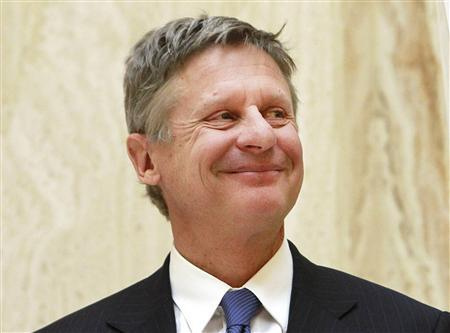As the president of Young Americans for Liberty, University of Maryland sophomore Yusuf Mahmood wants people to know Libertarians aren’t “corporate apologists.”
Nor do they hate the poor when they question the effectiveness of welfare; they’re just skeptical of power, the economics major said.
“If the government has power to pick winners and losers in the market, then how could you be surprised when big corporations try to buy that power?” said Mahmood.
Young Americans for Liberty and Students For Liberty aim to educate students about Libertarian ideas and foster activism on campus and the surrounding community.
The Libertarian Party was founded in 1971 and operates on the principle that “all Americans should be free to live their lives and pursue their interests as they see fit.” Libertarians “strongly oppose any government interference into their personal, family, and business decisions,” according to their website.
Senior Ethan Pritchard, Students For Liberty president, said his organization and YAL try to bring speakers to meetings, diversify attendees and foster constructive conversations. Members are encouraged to disagree with one another, Pritchard said, and at a couple meetings this year, Pritchard thinks there were more Socialists than Libertarians.
The groups also hope to host a “Free Speech Celebration” in the spring and have a variety of clubs pledge to bring some members to the event, allowing them access to the stage and the audience, Prichard said. This will foster a diverse audience, he added.
“One of the things I hate … [is] we put on a lot of events and the only people who come to them are Libertarians and they’re not even the ones that need to be hearing this message,” Pritchard said.
YAL and SFL work together closely, and with many other clubs, to spread their message across campus, Mahmood said.
“We feel that since Libertarians are such a minority … [we] kind of need to work with whoever we can,” he said.
Pritchard said many people have a “Hollywood mentality” about political issues, but the groups recognize that social change in general doesn’t happen overnight.
“You’re faced with a problem, two hours later, it’s fixed,” Pritchard said. “And that’s not how it works.”



